Considering raising hens in your home garden? Here’s a no-nonsense primer with super resource links to help you get started.
- by Christian Stephenson and Wendy Sullivan
When considering raising chickens, as with any animal or plant, several practical questions should be considered:
After considering the above questions, the next thing to determine is the purpose for your new flock. Do you want chickens for meat, eggs, both, to breed or as companion pets? The breed of chickens you select will be important in determining how they are best used. The popular Leghorn varieties are good for egg production, while Jersey Giants are an excellent meat bird. Some varieties of chickens are good for dual production of either meat or eggs. In addition to these, there are chicken breeds selected for their appearance. Silkie chickens are selected for their fluffy plumage but can also take more care than egg or meat birds. You can find more information in the MSU Extension publication, “Choosing the Right Breed for your Flock.” Exploring chicken types in the MSU extension publications and online before shopping for chicks can be very useful especially if you are prone to falling in love with fluffy babies. You will also want to have your coop and supplies ready prior to purchasing your chicks, as they grow very quickly. While a rooster is required for breeding chickens, they come with their own challenges. They can be beautiful but aggressive. Many of the objections to raising chickens in urban areas are related to noise complaints. Hens make very little noise, but roosters can cause disturbance by crowing. Contrary to what we learned watching cartoons as children, roosters can crow throughout the day, not just in the morning. It is not necessary for a rooster to be included in your flock to have good egg production. Chickens require very little space in comparison to many other animals, but good housing for your flock will be important to keep them free of disease and potential predators. Adult chickens require only 3 to 3 ½ square feet of space per chicken, so a flock of six birds can be raised in an area only 18 square feet in area. It is also important to keep the area of the coop clean, so making sure the area can be accessed easily is important. Some things to consider in choosing or building a coop are:
It is also important to consider that young chicks will require some care when they are purchased or received from the hatchery. Most chicks are only a few days old and will need a heat lamp and continual access to water and feed. This can be done very simply in a large bin placed indoors until the chicks are large enough to be introduced to the outdoor coop. After you’ve checked off all the boxes, located a reliable local supplier of chicks, feed and other supplies, you are ready to build your flock! Mississippi State University Extension has a wealth of resources to help guide you as you gain experience raising chickens. Many publications are available online, and your county Extension Agent is available to answer your questions and help you succeed. Raising chickens can be a very rewarding and entertaining home activity. It is also a great opportunity to involve young people in agriculture to teach them about raising animals, agriculture, and responsibility. Mississippi 4-H programs offer the Poultry Chain project – a great way to get youth involved. Enjoy this feature?
The Shoofly Magazine relies on readers like you to publish stories like this.
Use the button below now to keep 'em coming! Comments are closed.
|
Categories
All
Archives
July 2024
|
Shoofly Magazine Partners
Our Shoofly Partners are local businesses and organizations who share our mission to enrich community life in Bay St. Louis, Waveland, Diamondhead and Pass Christian. These are limited in number to maximize visibility. Email us now to become a Shoofly Partner!

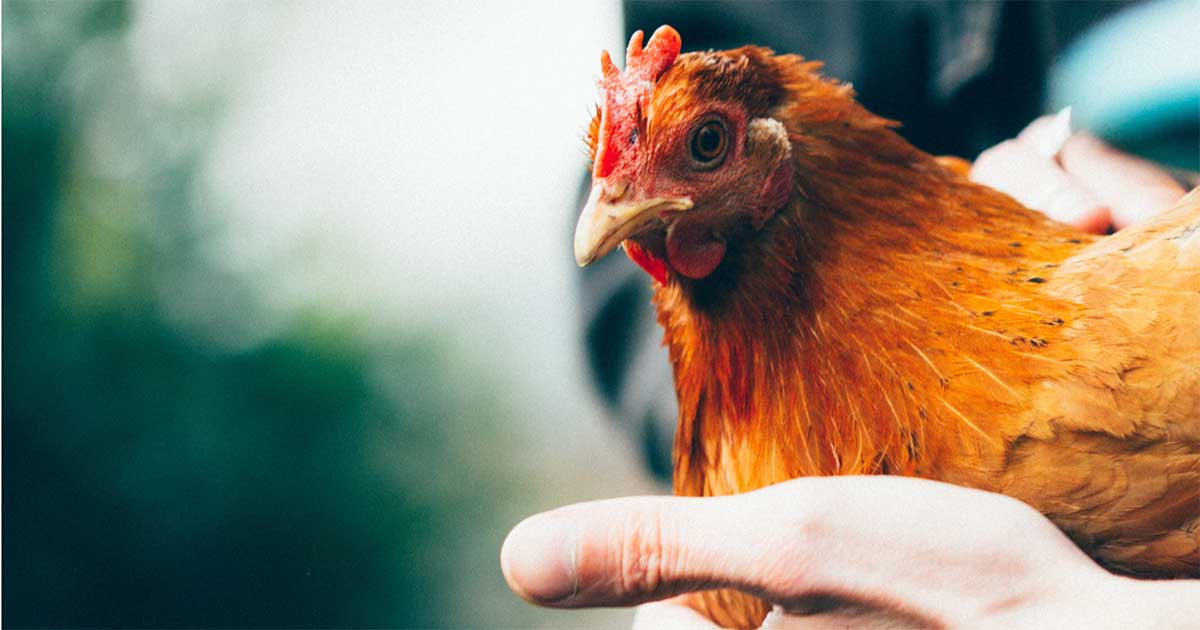


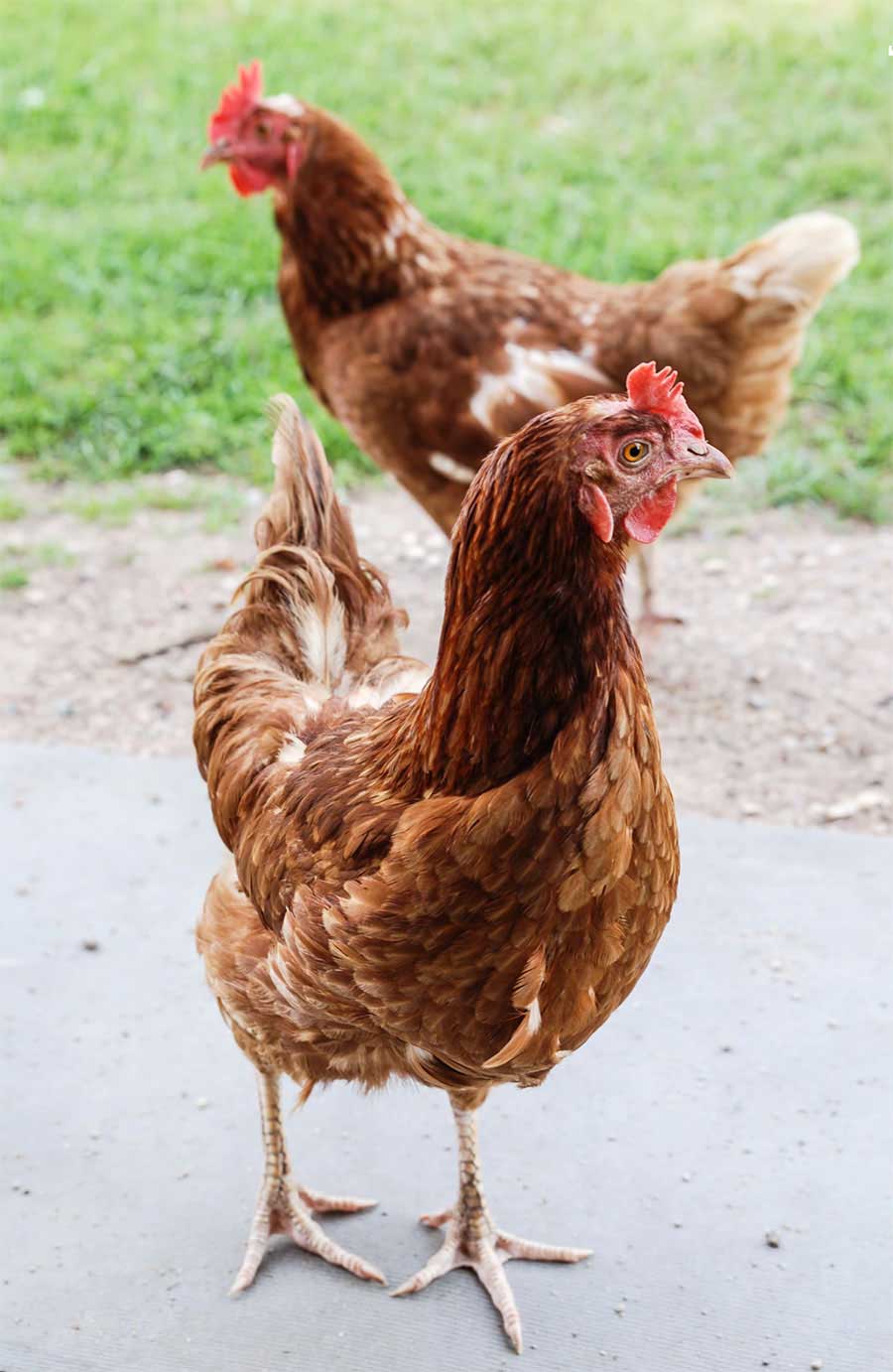
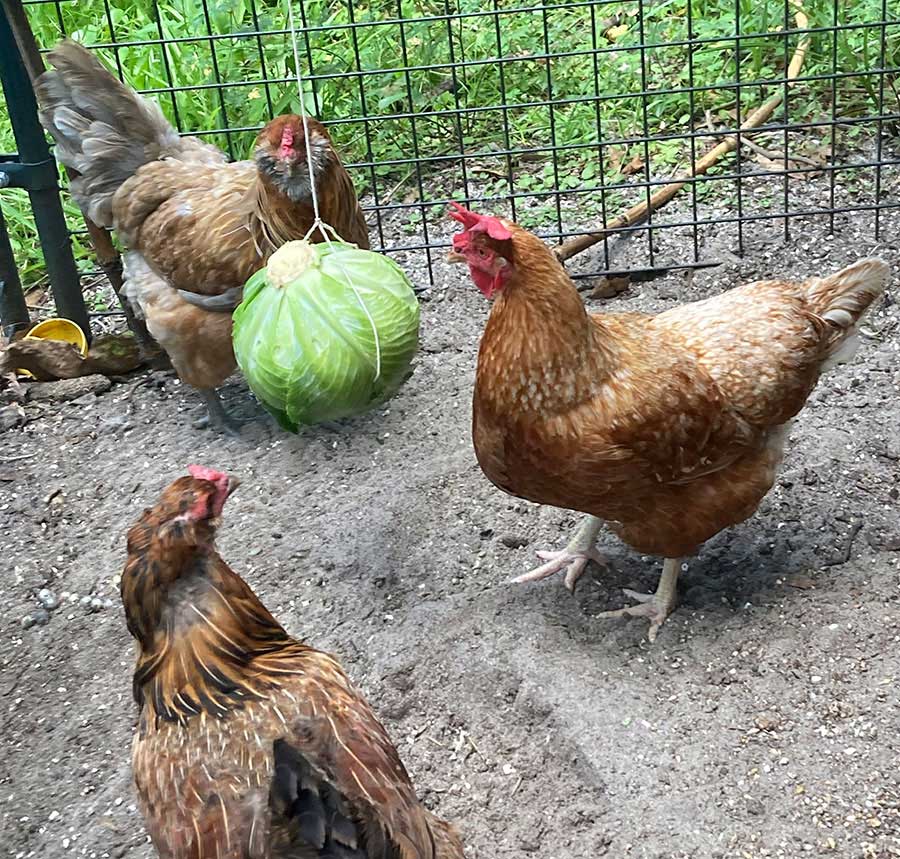
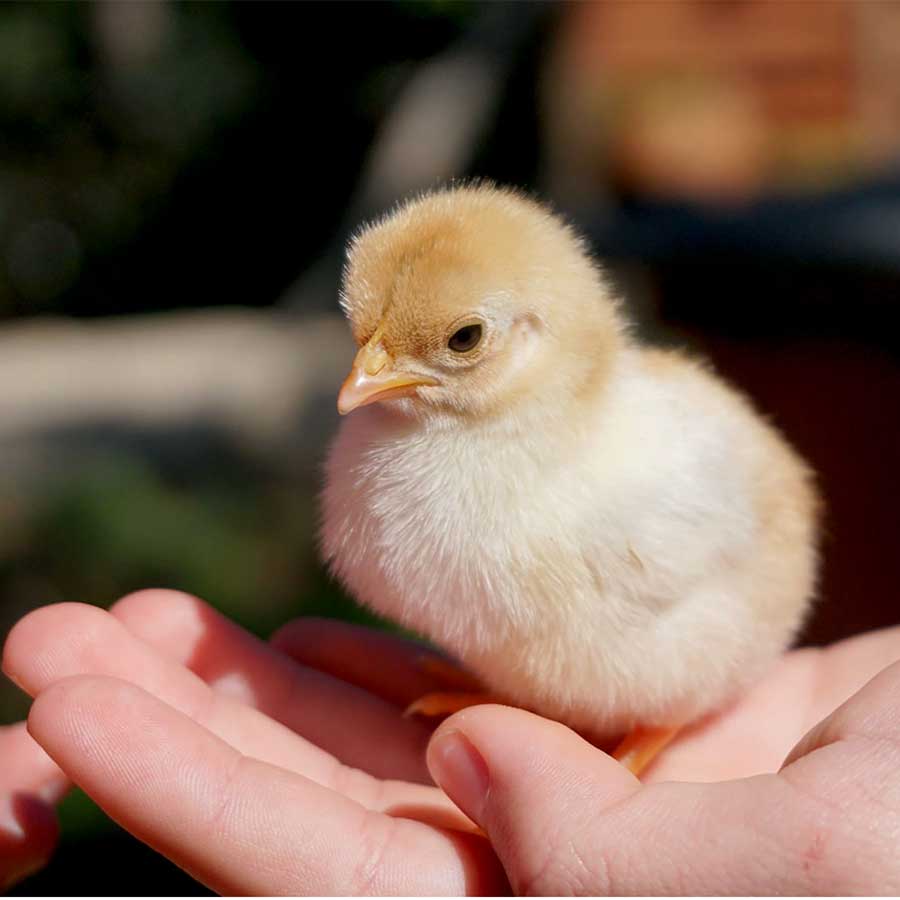
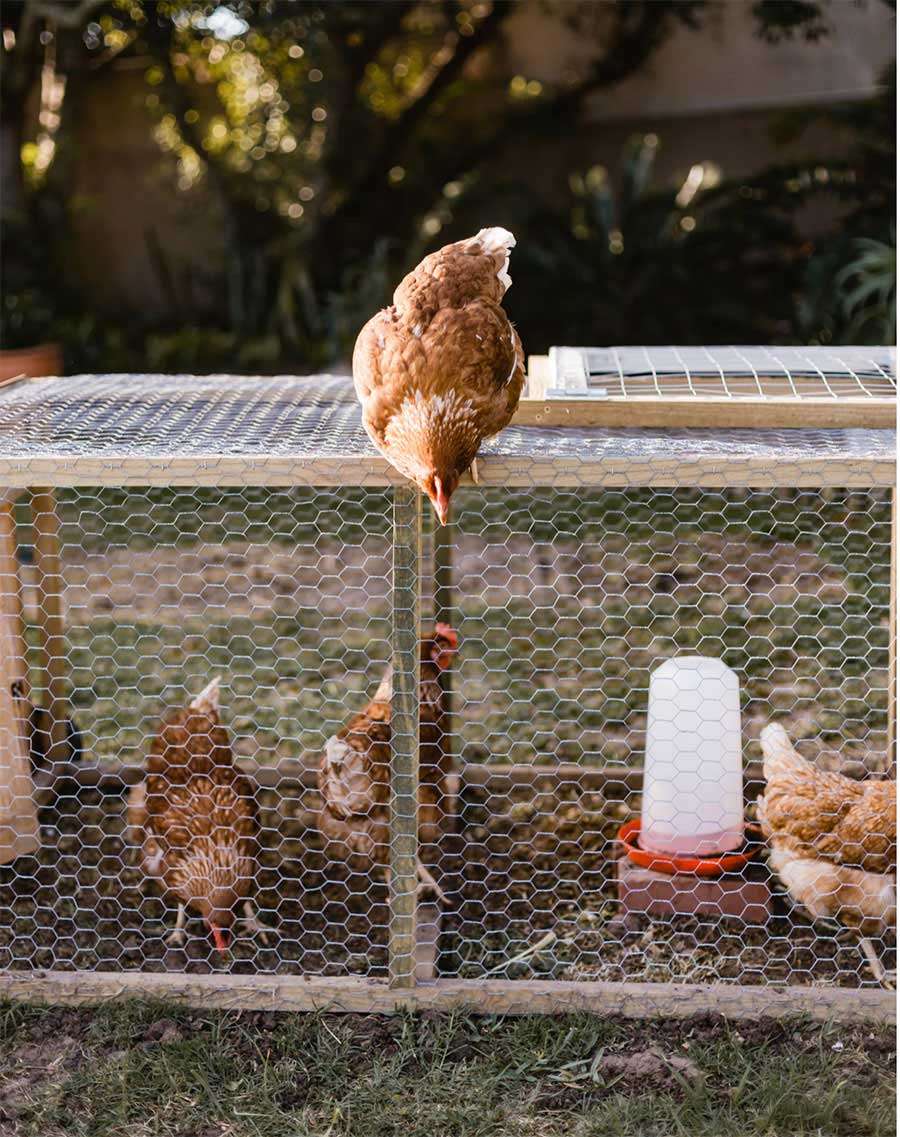



























 RSS Feed
RSS Feed























